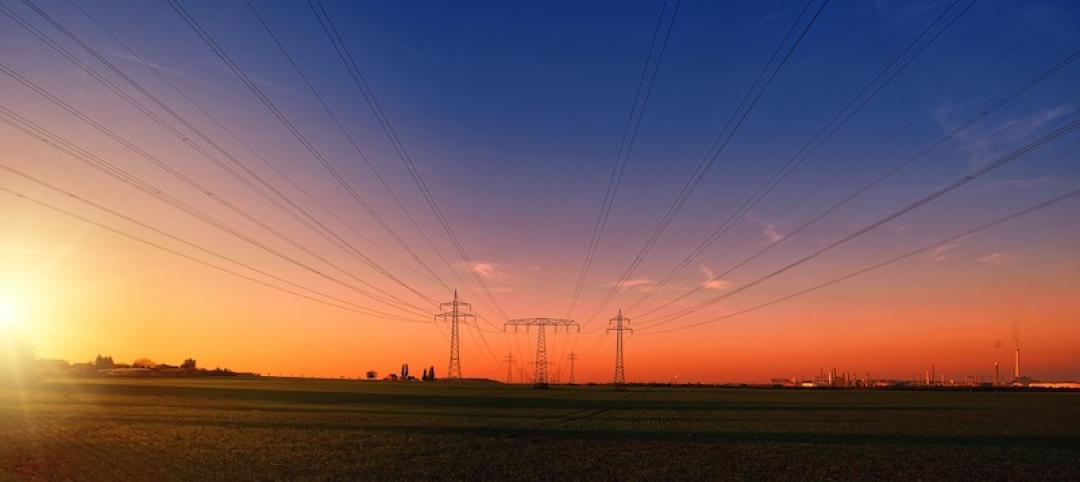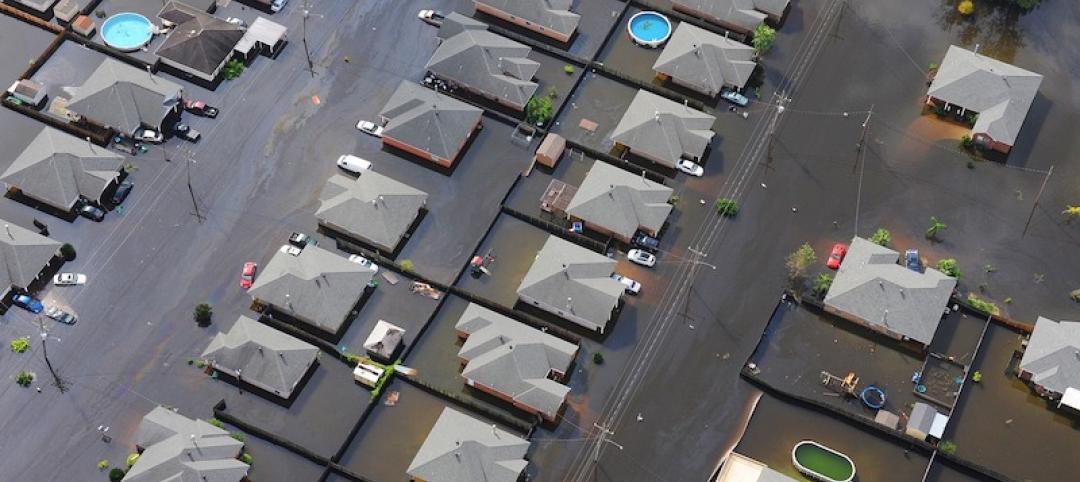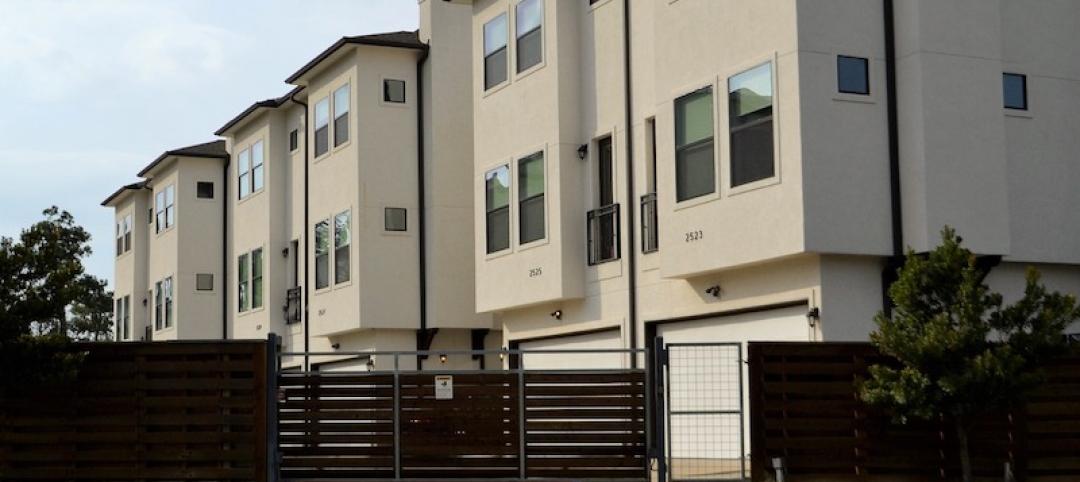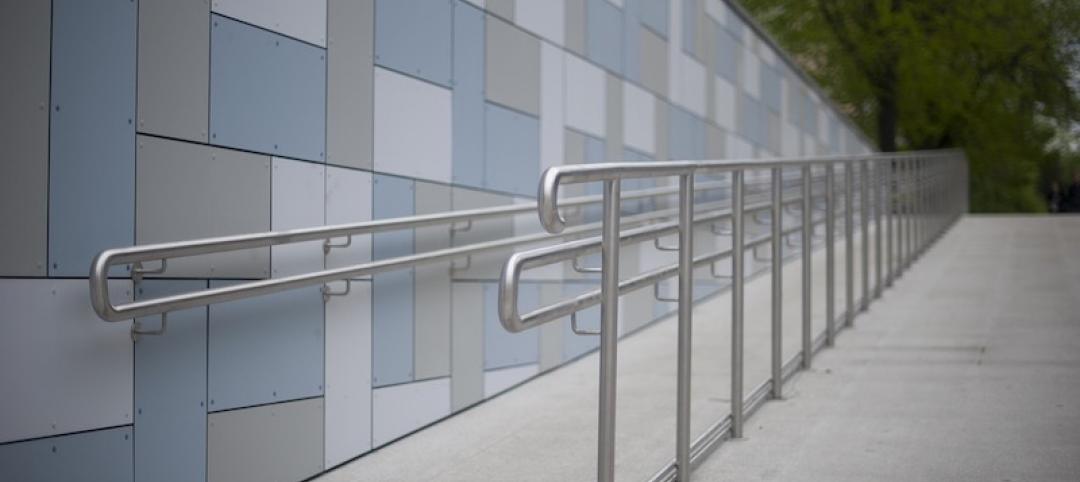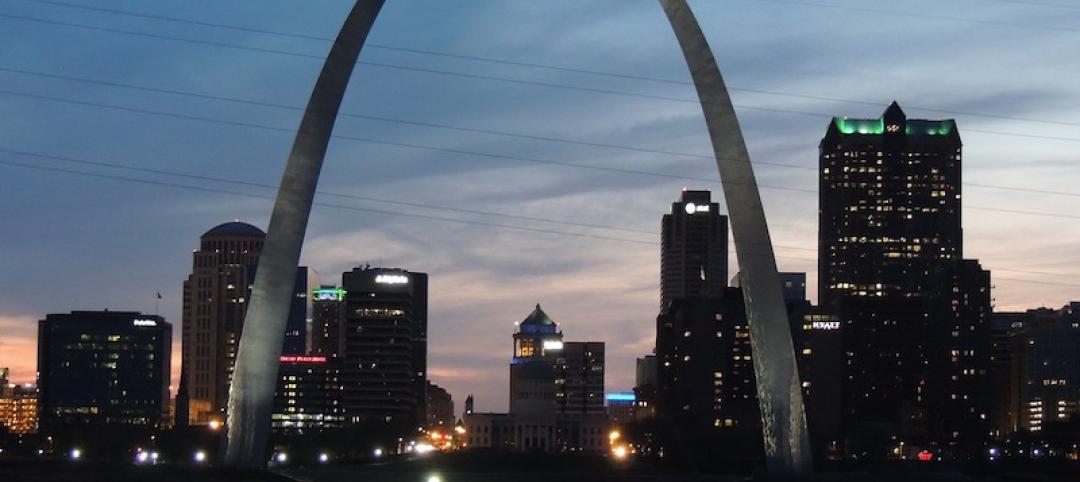At least 30 major U.S. cities have adopted stricter building energy codes since 2017, according to the 2019 City Clean Energy Scorecard released by the American Council for an Energy-Efficient Economy (ACEEE).
Since 2017, nine cities adopted more energy efficient building energy codes: Las Vegas, Mesa, New York, Philadelphia, Phoenix, Reno, San Antonio, St. Louis, and Tucson. Five cities successfully advocated for their states to adopt more stringent standards: Columbus, Cincinnati, Cleveland, Pittsburgh, and Seattle.
Another eight cities adopted efficiency requirements for existing buildings: Chicago, Denver, Minneapolis, New York, Reno, Salt Lake City, San José, and Washington, D.C. These changes will help address climate change, as residential and commercial buildings account for about 36% of total energy-related carbon dioxide emissions each year, ACEEE says.
Six states—Connecticut, Florida, Kentucky, Ohio, Pennsylvania, and Virginia—adopted updated codes that strengthened codes in 15 Scorecard cities. Three cities in the Northeast—Boston, New York, and Worcester, Mass., have all adopted stretch codes that go beyond baseline state codes.
Related Stories
Codes and Standards | Nov 4, 2019
ASHRAE releases new version of energy efficiency standard for buildings
Standard 90.1 includes revisions of envelope, lighting, HVAC provisions.
Codes and Standards | Nov 1, 2019
Resiliency of a community’s housing stock can be measured according to new benchmark
Metric can help municipalities prepare for disasters.
Codes and Standards | Oct 31, 2019
FEMA, ICC release updated guide on integrating I-Codes into floodplain management regulations
Provides advice on satisfying requirements for the National Flood Insurance Program.
Codes and Standards | Oct 30, 2019
ILFI releases new version of Living Building Challenge Framework for Affordable Housing
Document includes updated findings, case studies, new strategies for financing, designing, building affordable housing.
Codes and Standards | Oct 28, 2019
U.S. military demands landlords address health hazards in troop housing
Air Force threatens formal dispute process.
Codes and Standards | Oct 24, 2019
ASHRAE design contest winners demonstrate building resilience
Model building, a city hall, could operate without utility service for two weeks.
Codes and Standards | Oct 22, 2019
Efficient material design, low-carbon concrete are critical to cutting GHG emissions in construction
Enhancing building utilization and reusing materials also aid carbon reduction.
Codes and Standards | Oct 21, 2019
Historic properties not exempt from Americans With Disabilities Act
Some exceptions do apply.
Codes and Standards | Oct 18, 2019
St. Louis could save $61 million per year in energy costs by improved building performance
GHG gases can be reduced by at least 11% with upgrades to public buildings and large private buildings.
Codes and Standards | Oct 17, 2019
Slow payments cost GCs and subs $64 billion annually
Study finds 51-day average payment turnaround.



